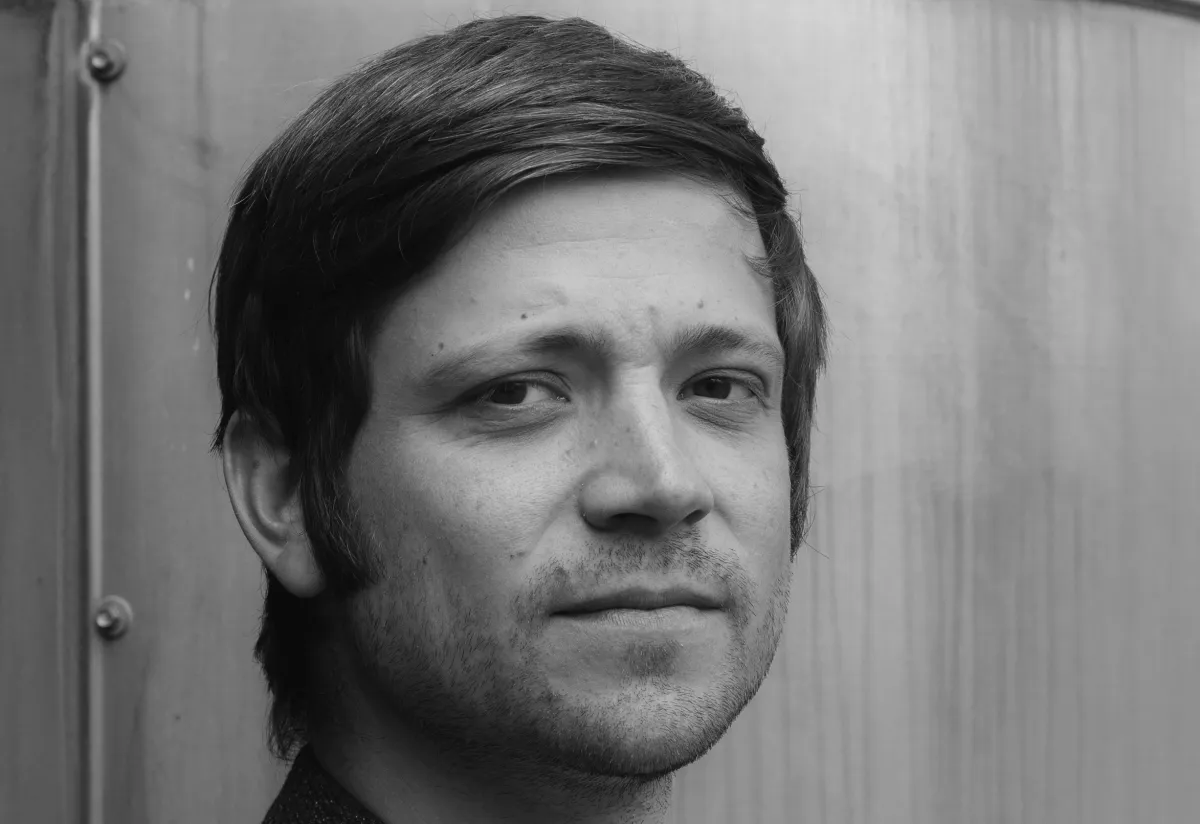Poem of the month

Galant Lies: the poetry column under the direction of Alexandru Bulucz - loosely based on Johann Christian Günther, the baroque poet on the threshold of the Enlightenment, who mocked poets with the words that they were "only gallant liars". Poetry will be reflected on and presented here: in reviews, essays, monthly poems and occasionally also lists of best poems.
Born in 1978 in western Romania, Moni Stănilă is a versatile writer. Having studied Orthodox theology, she has since distinguished herself as a poet and author of children's books and novels. In 2019, she also published a literary biography of the Romanian-French sculptor Constantin Brâncuși. She was awarded the "Radio România Cultural" poetry prize and, also in the poetry category, the "Observator Cultural" prize, for her most recent volume of poetry, 'Ofsaid', published by Nemira in Bucharest in 2022. The jury praised her bold and improbable combination of three seemingly disparate themes: Christianity, football and war.
The poetry collection consists of two parts, each containing 33 poems. The first, "Diary of a Microbist" - 'microbist' is a Romanian term for football fan - was written between 2014 and 2022, while the second, "Diary from/about the Front", during the first months of the Russian war of aggression against Ukraine, witnessed by the author from neighbouring Moldova, where she lives in the capital Chișinău, her adopted home.
Moni Stănilă
34. We lived well for a while
and poetry was swallowed up by advertising, by discourse on beauty. The poets looked elsewhere, charting suffering and
the impact of confined spaces. Non-conformity and social difference. 'Green' talk and spontaneous love. Political correctness. The aesthetics of a football match.
The moral wreckage of big cities.
Then came the pandemic. Widespread fear and
frustration. A virtual social life.
Poetry stubbornly insisted on remaining unchanged.
But isolation became stronger. And everyone
felt how bad it was.
War closed in on us, and poets stopped
seeking respite - what loomed around us
became sharper than any poem,
more violent than any pandemic.
News headlines have ripped open the velvet casings
of our minds: Humanitarian corridors bombarded.
The Chernobyl nuclear power plant is under attack at this very moment.
At least 103 children have been killed in Ukraine since the Russian invasion began.
Mercenary squads ordered to assassinate
Zelensky.
Infants bombed.
Putin has attacked Mariupol maternity clinic No. 2.
The mayor of Hostomel killed while distributing
bread and medicine.
The tenth day without water and heating in Mariupol.
Mothers flee with children in their arms.
Reality has turned
into the most brutal form of poetry. Silence belongs only to the dead - from Butscha (I.e.*)-
and the cowards.
The sky over Ukraine remains clear and the old people pray
for rain or snow -
for water of any kind
for Mariupol.
*later edit
From the Romanian by Alexandru Bulucz



